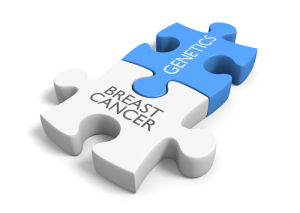por
Lauren Dubinsky, Senior Reporter | December 13, 2017

Annual mammogram may not
be necessary
Biannual MR exams are more effective for detecting breast cancer in high-risk younger women than annual mammograms, according to a study presented at the San Antonio Breast Cancer Symposium last week.
“Too many women get unnecessary tests after a false positive mammogram,” Dr. Olufunmilayo Olopade of the University of Chicago, told HCB News. “This is one step toward doing better population risk stratification.”
For the study, Olopade and her colleagues at the University of Chicago Medicine and University of Washington recruited 305 women from 2004 to late 2016 with a 20 percent or higher lifetime risk of breast cancer. Over half had BRCA1, BRCA2 or CDH1 gene mutations.



Ad Statistics
Times Displayed: 123124
Times Visited: 7135 MIT labs, experts in Multi-Vendor component level repair of: MRI Coils, RF amplifiers, Gradient Amplifiers Contrast Media Injectors. System repairs, sub-assembly repairs, component level repairs, refurbish/calibrate. info@mitlabsusa.com/+1 (305) 470-8013
The participants underwent a clinical breast exam followed by a dynamic contrast-enhanced MR (DCE-MR) scan every six months and a digital mammogram every 12 months. In total, 2,111 DCE-MR exams and 1,223 mammograms were performed.
The research team found four ductal carcinoma in situ and 13 early-stage breast cancers — 15 of those occurred in participants with breast cancer-related genetic mutations. All 17 of those women were monitored for a median of 5.3 years and all remained alive and free of systemic disease.
Olopade concluded that mammograms remain important for most women, but young women with a significantly higher risk, especially those with a BRCA1 mutation, should undergo a DCE-MR exam every six months.
“Our point, really, is that we should personalize what women need,” she added. “Cancer care is expensive but preventing cancer by optimizing prevention and early detection will not only save lives but will also save on health care costs.”

